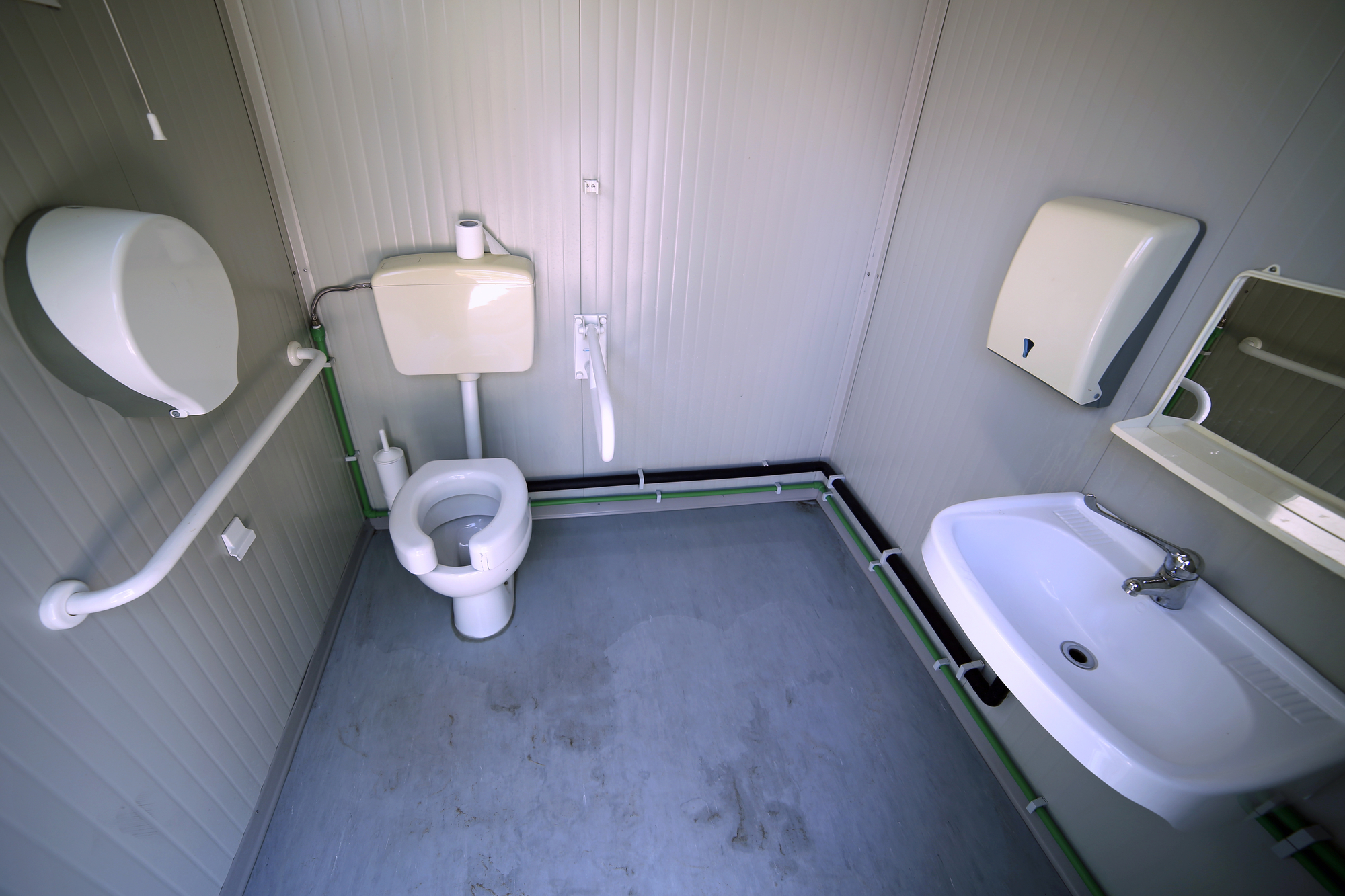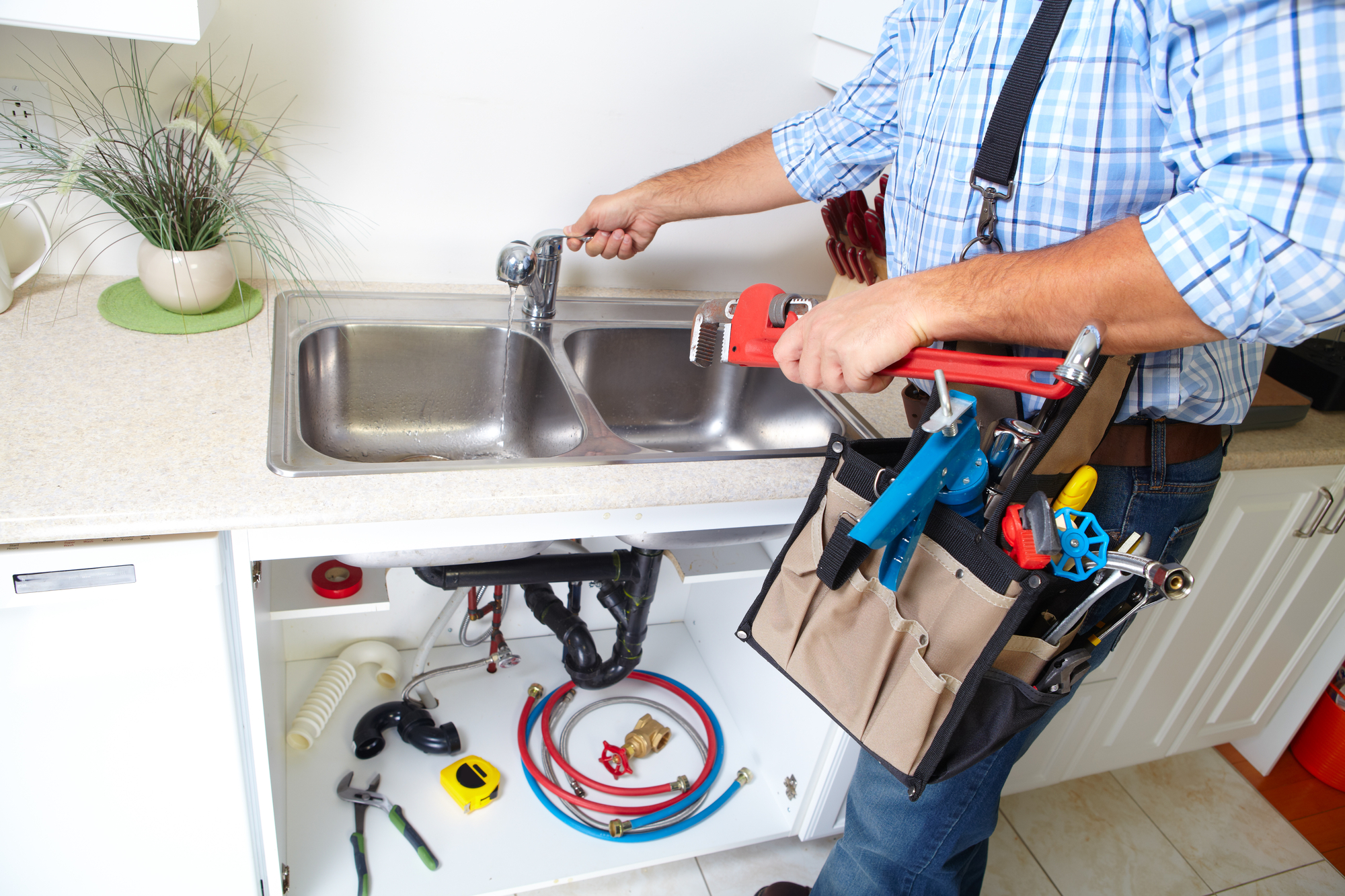As the United States’ plumbing industry faces a significant labor shortage, various states are considering measures to expand their licensed plumber pool. Some of these measures include easing the restrictions and requirements for licensure and opening the doors to ex-felons. While some may see these initiatives as a viable solution to the workforce crisis, others raise questions about safety and consumer protection.
One of the main aspirations of legalizing ex-felons in the plumbing trade pertains to equal opportunity. In 2018, President Donald Trump signed the First Step Act, which allows non-violent ex-offenders an opportunity to gain employment in various trades, including plumbing. Conversely, critics of the program argue that legalizing ex-felons increases the risk of fraud and subpar quality of work.
So, is it safe for consumers to hire ex-felons as plumbers? The answer is multifaceted. Here are some factors to consider.
Background Checks

The majority of states that have introduced measures to expand the licensed plumber pool to ex-felons still require license applicants to undergo background checks. In Texas, for instance, ex-felons must meet the same application requirements as others, including passing exams and preliminary background checks. However, the Texas plumbers’ licensing board reviews each application on a case-by-case basis. Therefore, despite easing the restrictions, the state still maintains some licensing standards.
Elsewhere, Nevada allows individuals convicted of non-violent or non-sexual offenses to apply for contracting licenses. However, the state’s board of examiners must approve their applications and conduct criminal background checks. Additionally, the state trains licensees on ethics and business practice, emphasizing honesty, transparency, and integrity.
Thus, if states offer licenses to ex-felons, they must ensure that they do not pose a risk to the public. This means that the licensing agency should have stringent standards for applicants and both initial and ongoing background checks.

Trade Training
Ex-felons who want to join the licensed plumbing trade must complete specific training programs and fulfill on-the-job experience requirements. In most states, licensed plumbing contractors undergo apprenticeship programs that last at least four years. During the apprenticeship, the trainees receive both formal coursework and practical training, learning about plumbing codes, blueprint reading, and pipe fittings, among other fundamental plumbing concepts.
Most states also mandate that apprentice plumbing contractors work under a licensed master plumber to gain supervised on-the-job experience. This practical experience ensures that the trainee understand state codes and safety regulations and can independently identify plumbing problems and devise safe and effective solutions.
Therefore, if ex-felons receive the same training and apprenticeship, they’ll benefit from rigorous education that emphasizes quality work and safety. This would build trust and mitigate the risk of fraudulent activities.
Licenses and Insurance
All states require licensed plumbing contractors to carry liability insurance and maintain their licenses. This insurance provides financial protection for homeowners when unusual accidents caused by plumbing contractors occur. Hence, if an ex-felon receives plumbing contracts and obtains a license, the licensing board must ensure they also have adequate liability insurance.
However, the challenge is that some ex-felons may find it difficult to get liability insurance because of their criminal history, which may limit their ability to operate as licensed plumbing contractors. It’s vital to examine the relevant laws governing licensing and insurance in different states to know how restrictions or ease of acquiring insurance plays a role.
Consumer Protection
Ex-felons getting licensed as plumbers has created controversy regarding consumer safety and protection. Some argue that these measures put homeowners’ safety at risk because ex-convicts are more likely to conduct fraudulent plumbing work.
Proponents of the program, on the other hand, assert that the initiative offers ex-felons opportunities to earn an honest livelihood without the need to revert to past life. Additionally, these people may not have other means to earn a living, which may lead to recidivism, thereby increasing the likelihood of harm to society.
Therefore, as a homeowner, it is essential to exercise caution when evaluating plumbing contractors, regardless of their criminal histories. Ensure that you check their license and liability insurance and ask for references. Likewise, check with local consumer protection agencies and the Better Business Bureau for any complaints or feedback.
Conclusion:
In conclusion, as states consider expanding licensed plumber opportunity to ex-felons, it raises questions regarding consumer protection and public safety. While the proposition is commendable, the licensing agencies must create mechanisms to ensure that ex-felons have adequate training, meet the same licensure requirements as non-criminal counterparts, and provide adequate liability insurance.
Moreover, homeowners must exercise caution when choosing licensed plumbing contractors, regardless of their criminal histories. Check their licensing validity, experience, insurance coverage, and feedback from previous customers. This way, homeowners can actively contribute to maintaining public safety and ensuring quality work standards in the plumbing industry. For plumbing services that deliver quality, professional services you can count on 24/7, give Ace Plumbing a call today at (844) 711-1590.






